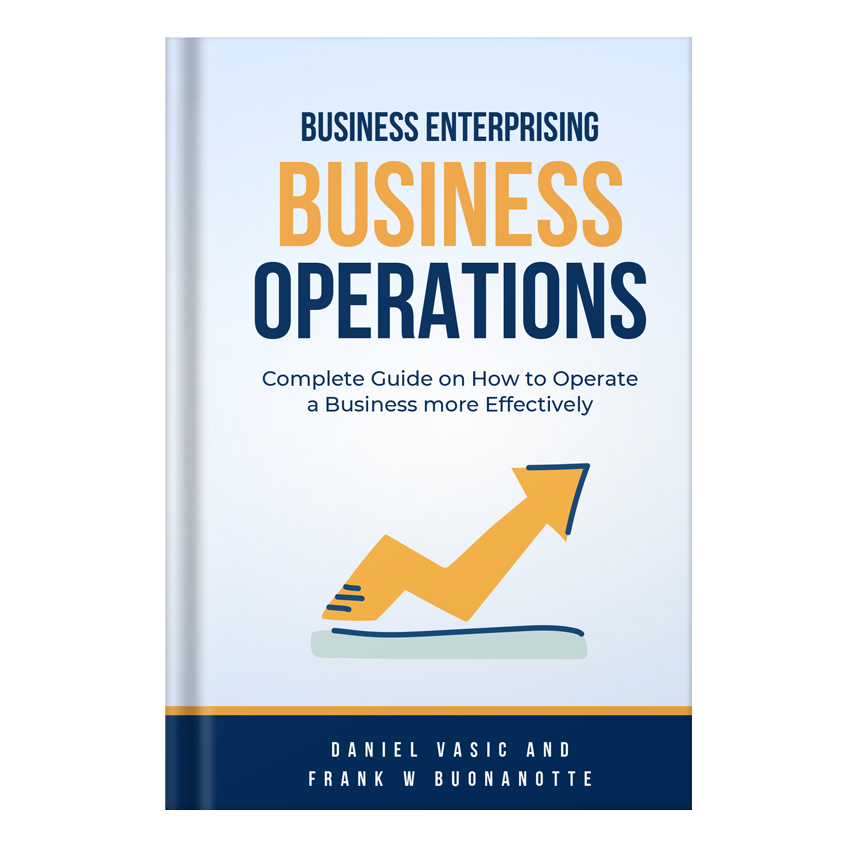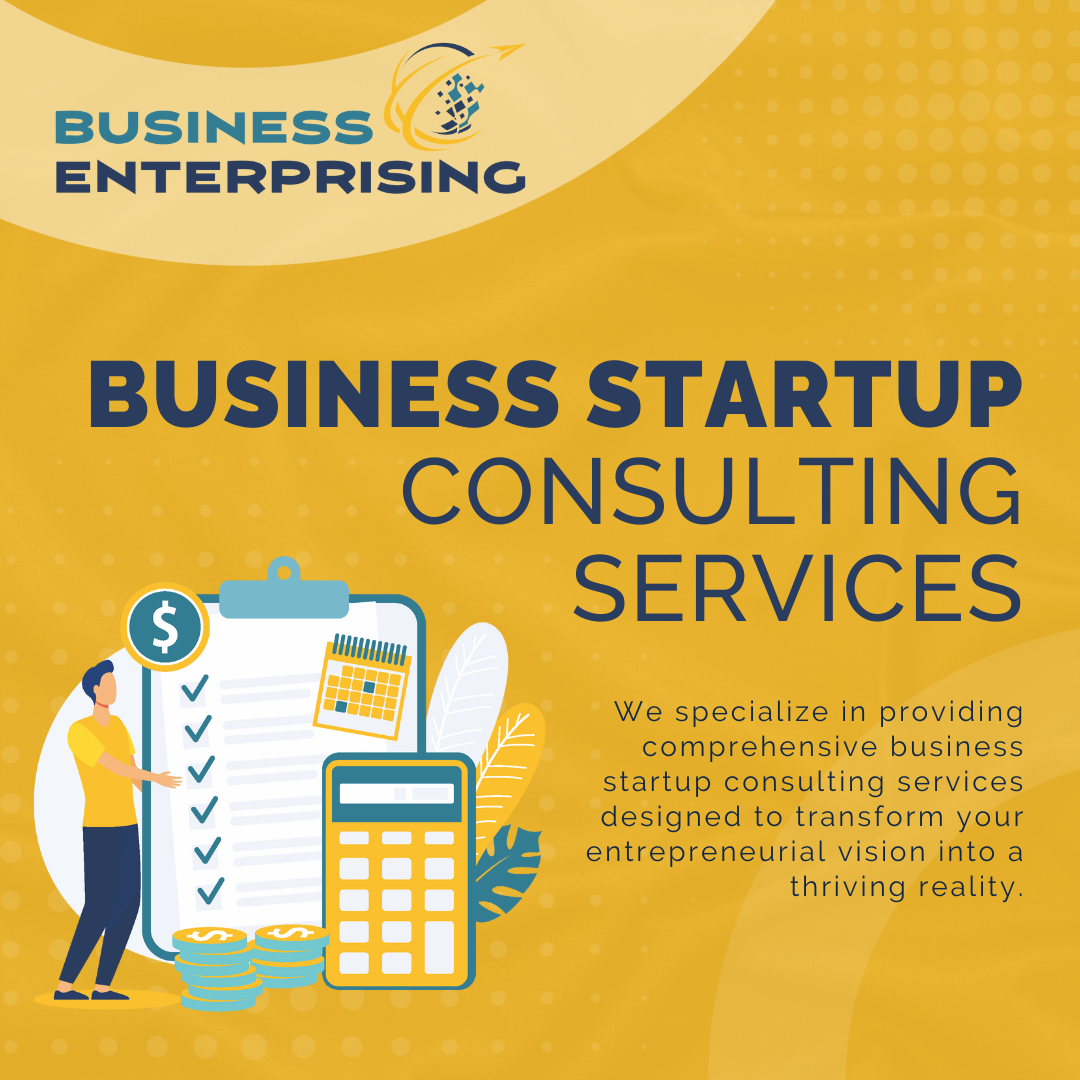10 Steps for Scaling a Business Successfully
Scaling a business is an exciting process, but it comes with unique challenges. Growth requires thoughtful planning and careful execution at every stage. However, without a clear strategy, scaling can strain your resources and disrupt operations. Taking the right steps ensures your business expands smoothly while maintaining stability. These 10 steps for scaling a business involve…
Read articleBusiness Startup Mistakes and How to Avoid Them
Starting a business is an exciting venture, but it also comes with challenges. Many new entrepreneurs face hurdles that could have been avoided. Business startup mistakes often occur when planning, research, or execution are overlooked. These errors can lead to wasted resources, missed opportunities, or even the failure of a new venture. However, understanding common…
Read articleFranchising as a Business Opportunity
Franchising as a business opportunity provides entrepreneurs with a structured way to start and grow their own businesses. By joining an established franchise, you gain access to a proven model, recognized brand, and ongoing support. These advantages can help you overcome many of the challenges associated with starting a business from scratch. However, franchising requires…
Read articleEffective Business Operations: Key Components
Running a successful business requires more than a good idea. It demands thoughtful planning, efficient processes, and a dedicated team. Effective business operations form the backbone of your organization, ensuring every aspect works seamlessly toward shared goals. When operations run smoothly, you can focus on delivering value and achieving long-term success. However, maintaining efficient operations…
Read articleBusiness News Insights for Entrepreneurs
Staying informed about business news is essential for entrepreneurs who want to stay competitive and make informed decisions. Business news insights for entrepreneurs provide valuable information about market trends, industry developments, and regulatory changes. These insights help you understand the bigger picture and identify opportunities that align with your business goals. Additionally, following business news…
Read articleThe Business Funding Process Made Simple
Securing funding is a key step for businesses looking to grow or stabilize their operations. The business funding process provides opportunities to access the financial resources you need to achieve your goals. However, navigating this process can feel overwhelming without proper preparation and understanding of available options. Knowing what to expect and how to approach…
Read articleBeginner’s Guide to Excel Formulas and Functions
The beginner’s guide to Excel formulas introduces you to powerful tools that transform the way you work with data. These formulas and functions allow you to automate calculations, analyze information, and streamline repetitive tasks. However, learning the basics can feel overwhelming when you’re just starting out. With proper guidance, you can master these tools and…
Read articleBusiness Consulting for Growth Strategies
Achieving sustainable business growth requires a multifaceted approach. By understanding and implementing effective growth strategies, you can position your company for long-term success. However, navigating the complexities of expansion often presents challenges. Engaging in business consulting for growth strategies offers valuable insights to overcome these obstacles. Consultants provide external perspectives as well as specialized expertise,…
Read article





















